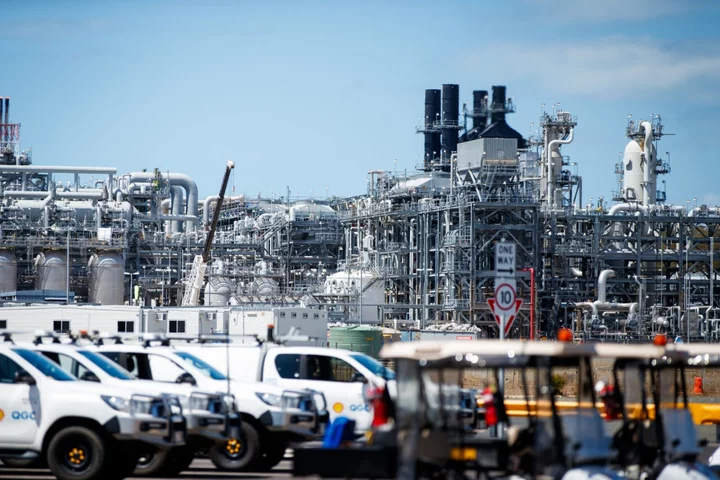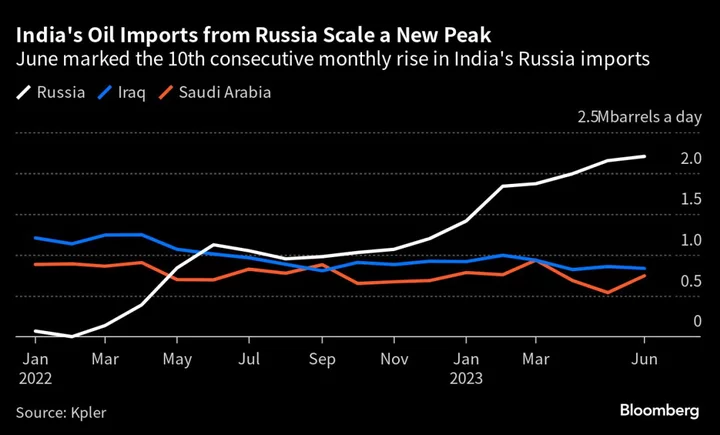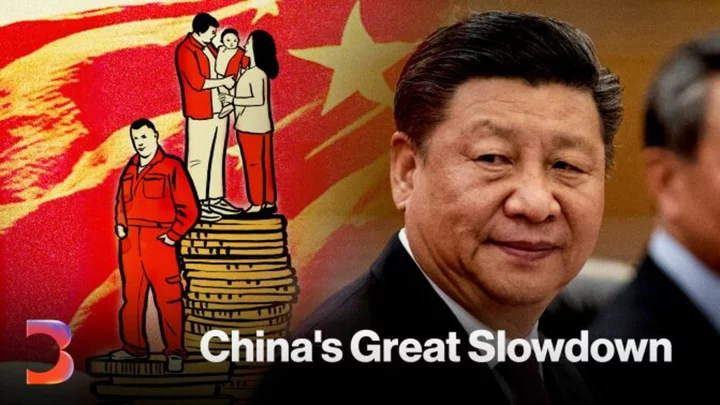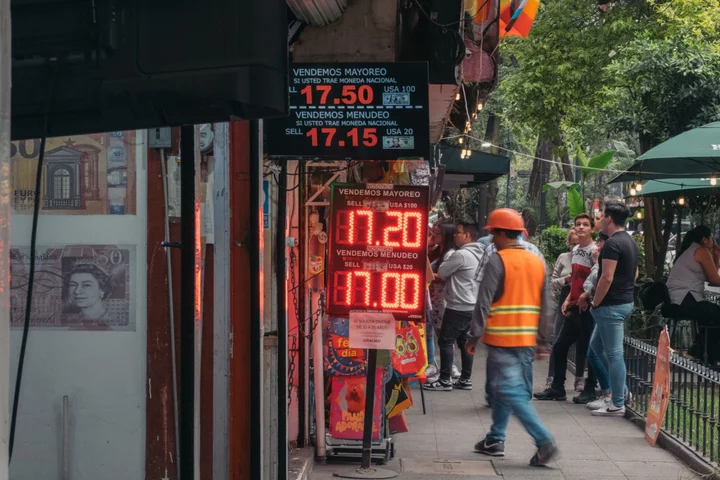Some of the world’s biggest natural gas exporters and importers will craft a framework for measuring, monitoring and verifying the emissions of methane across the fuel’s supply chain under an international working group the Biden administration announced Wednesday.
The formal effort was unveiled hours after European Union negotiators agreed on a plan to limit methane emissions from imported oil and gas. It also comes weeks before the COP28 climate summit, where methane will be a key issue. Sultan Al Jaber, the summit’s president, is seeking to push oil and gas companies to make an array of climate commitments, including reducing methane emissions and ending gas flaring.
The new international working group is the result of about half a year of informal talks between the US government, energy producers, LNG exporters and other stakeholders. Formalizing the process represents the next step to creating global benchmarks for identifying, tracking and verifying emissions of methane and other greenhouse gases as natural gas is extracted, processed and shipped to market. Members — including Australia, Canada, Germany and Japan — will work through 2024 to develop “guidance, protocols and tools for voluntary use in natural gas markets,” according to the US Energy Department.
Methane is a powerful greenhouse gas that has more than 80 times the warming power of carbon dioxide during its first two decades in the atmosphere. Curbing methane emissions from the oil and gas sector — where it’s vented intentionally from wells, burned off as a waste product or simply leaks from equipment — is seen as critical to reducing the climate impact of those fossil fuels.
Read More: JPMorgan Touts Methane Curbs in Bid to Boost Climate Investment
Some environmental activists argue the endeavor could foster false confidence that certain natural gas supplies are climate friendly, based on the promise of stronger emissions reporting and monitoring technology that isn’t fully honed.
The approach could prolong the usage of natural gas instead of the “cleanup and phaseout” that science requires, said Lauren Pagel, policy director at Earthworks. “Any attempt to use reporting, verification or measurement to green wash fossil fuels has the potential to put us over the edge of a climate catastrophe.”
Supporters say the effort could help develop guidelines for what’s currently a free-for-all of third-party companies measuring methane emissions and certifying oil and gas producers’ performance.
“There is a pressing need to provide comparable and reliable information on emissions to the marketplace,” Brad Crabtree, assistant secretary of fossil energy and carbon management, said in a news release.
The working group “will forge agreement among importing and exporting countries on a transparent and credible framework that will help provide suppliers, buyers, investors and policymakers the information they need to help drive continuous reductions in greenhouse gas emissions over time.”
Author: Jennifer A. Dlouhy and Ari Natter









